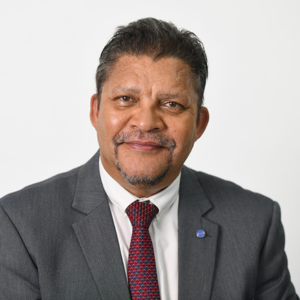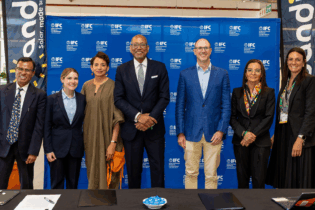South Africa is grappling with a significant skills challenge, evidenced by a staggering 33.5% unemployment rate in the second quarter of 2024, according to Stats SA, as well as an escalating shortage of competent technical skills. The pressing question is: What actions must we take to tackle the dual issues of high unemployment, especially among the youth, and the shortage of engineering skills?
This issue is not unique to us. The skills challenge is a global issue, but each country needs to find its unique solutions to solve the challenge. Despite not being alone in this struggle, our approach has not been effective. There is a troubling trend highlighted in CESA’s Bi-annual Capacity and Economic Survey of December 2023: An uptick in migration patterns with highly skilled South African engineers leaving for the United Kingdom, the United States, and Australia. These cyclical migration patterns are driven by political and policy uncertainty, among other factors, reminiscent of the post-1994 era. Addressing the reasons for this migration is crucial. The primary concern is safety and security, both personal and professional. We cannot surrender to organised crime. Reports suggest that government entities have capitulated to the construction mafia, inflating project costs to account for criminal activities. Our country cannot afford such excesses in infrastructure development. Additionally, citizens face the high cost of personal safety. The second concern is the high cost of education. Many learners attend private schools to receive a quality education, enabling university entry. We must fix our public education system, starting with Early Childhood Development (ECD). Currently, our focus and spending is skewed towards university education, neglecting the foundational ECD. We also need to address the failures in our Basic Education System. Is our education system equipped to handle the technological future? For those who pass matric, there is an over-emphasis on academic education, with little focus on vocational training. Universities teach critical thinking, but not practical skills. The lack of vocational training, previously addressed by the successful Technikon system, is a significant gap. This system combined theory and practical application but was discontinued, leaving only TVET colleges or universities as options.We face a total mismatch of skills and must address the skills challenge holistically by creating a pipeline starting with quality Basic Education. We are not doing enough to prepare students for technologically advanced careers.The third challenge is the cyclical nature of infrastructure development, resulting in a ‘feast or famine’ scenario for companies. During lean periods, technical skills are lost to other countries or industries. We call on the government to address this through careful planning of our project pipeline, stating that we need a steady flow of projects to retain our technical skills within the country.

Chris Campbell, CEO of Consulting Engineers South Africa







